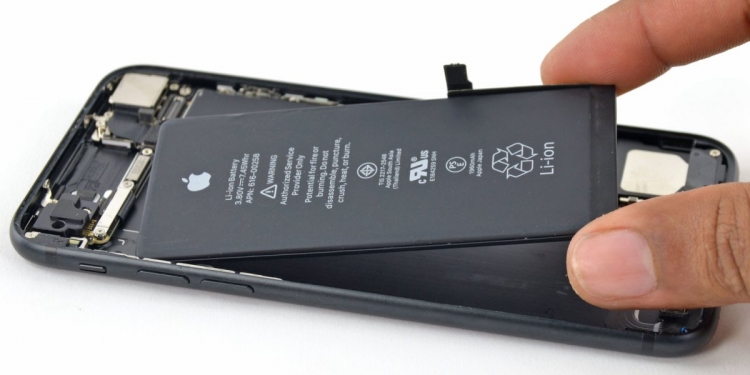Back in 2017, Apple attempted to quietly patch a battery issue by throttling the speed of older iPhones such as iPhone 6, 7 and SE, but they were caught red-handed. The Cupertino-based company explained that it slowed those models in an effort to conserve battery life and prevent unexpected shutdowns. It was a scandal that was fittingly dubbed as ‘batterygate’ and it led to a class action lawsuit.
The case was settled when Apple agreed to pay a USD 500 million (MYR2.05 billion) settlement earlier in March 2020. Under the deal, Apple would provide small payouts for many iPhone owners in the US. This would cover those who bought any product in the iPhone 6 and 7 lineup. By default, Apple will offer USD 25 (RM102) to any current or former owners of a covered iPhone.
Apple certainly hoped it could close the book on this embarrassing and damaging chapter in its history, but unfortunately their legal woes are not over yet.
The latest development sees Apple agreeing to pay a second settlement of USD 113 million (RM462 million) to 34 US states. This came as the states attorney generals sued Apple for hiding the fact that it was slowing down the affected iPhones from their owners.
They argued that Apple “fully understood” that by concealing the issues, it could spend a year profiting off people who thought they needed to buy a new iPhone, when all they really needed was to replace their phone’s battery to avoid throttling or unexpected shutdowns.
According to the deal, the money will be distributed among the participating states. At least USD 24.6 million (RM101 million) will go to California while USD 7.6 million (RM31 million) will go to Texas and another USD 5 million (RM21 million) to Arizona. For Arizona’s share it will be used to pay for the attorney fees and to fund future investigations relating to consumer protection.
The tech titan has since promised to create a website that will make it explicitly clear if an iOS update would affect a phone’s battery and performance. The deal is currently waiting for a final approval by the judge.
[SOURCE]








